Mapua Malayan Digital College (MMDC) hosted a media roundtable this week to present its strategy for AI-powered education, highlighting how it is adapting to the rapid shifts in workforce demands. It on how artificial intelligence is reshaping both the job market and the education sector, and how institutions like MMDC are responding with upgraded learning models and targeted micro-credential programs.
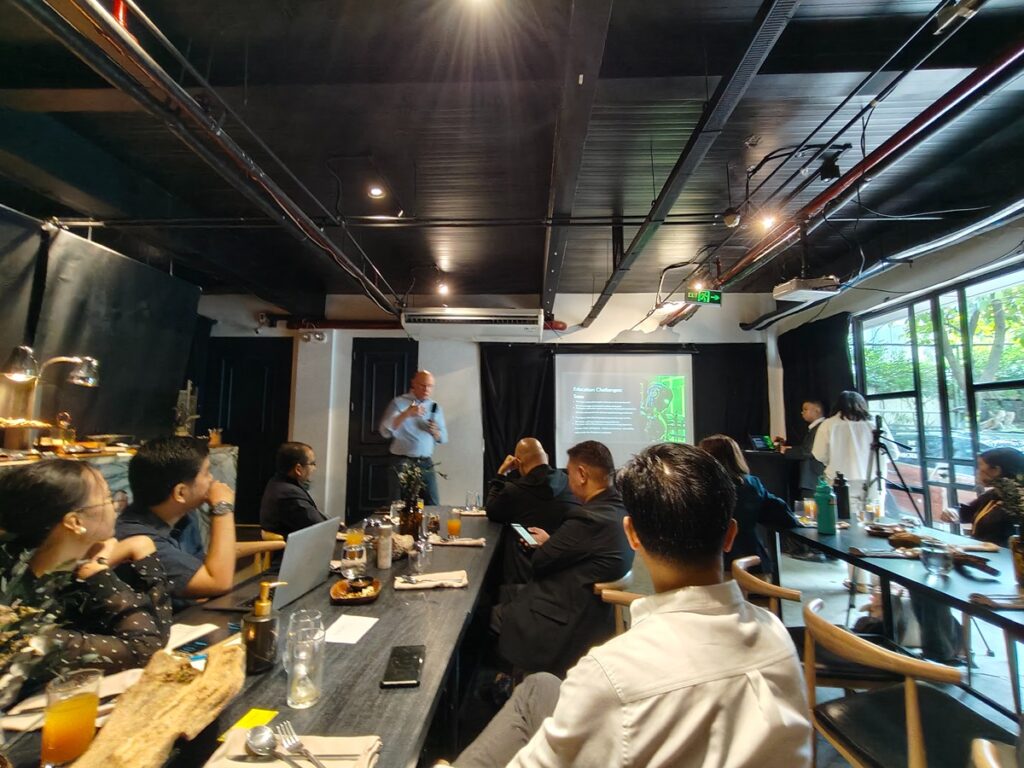
Why It Matters: The rise of AI is disrupting traditional jobs and creating new roles that demand updated skills. From machine learning to AI-driven design, Filipino learners now face a more complex job market that requires deeper tech literacy and adaptable learning pathways. Mapua Malayan Digital College aims to bridge this gap by introducing practical, AI-integrated education that speaks directly to the needs of future employers.
During the session, Mapua Malayan Digital College leaders emphasized that AI is not just an emerging field—it’s a driving force behind major shifts in required skills. Fields like the Internet of Things (IoT), AI infrastructure, and even art-based entrepreneurship are becoming increasingly important. This shift means education must not only teach about AI but also embed it directly into how students learn.
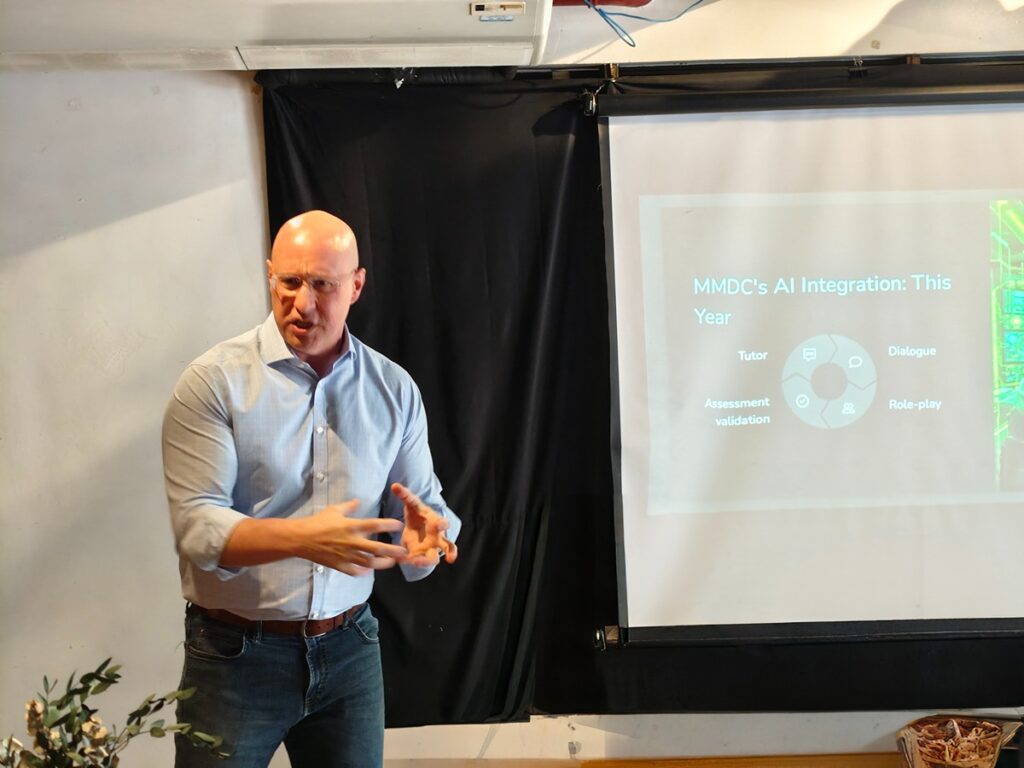
To that end, MMDC is rolling out a suite of AI-powered tools across its curriculum. These include adaptive tutoring systems that cater to individual learning styles, AI-driven dialogue platforms for real-time interaction, and simulated role-play environments for hands-on learning. The school is also investing in smarter assessment systems that use AI to track progress and personalize feedback.
Mapua Malayan Digital College also plans to teach students 12 key methods of AI engagement. These range from basic super search and content creation to advanced techniques like prompt engineering and fine-tuning AI models. The goal is to equip students with the ability to not just use AI tools, but to understand how they work and how they can be applied in real-world situations.
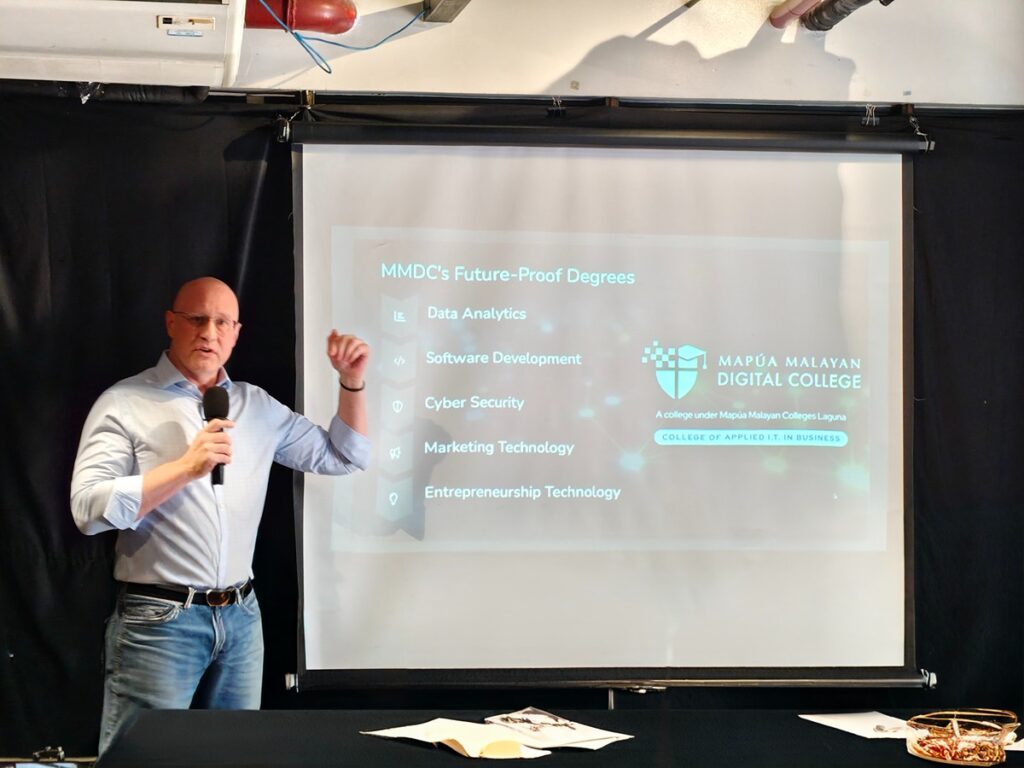
Its academic programs reflect this vision. MMDC offers both degree tracks and short-term micro-credentials in tech-driven areas. These options are designed to be flexible, allowing students to build relevant skills whether they are preparing for their first job or pivoting to a new career. The micro-credentials in particular are stackable, meaning they can be combined over time to deepen expertise in specific areas like machine learning or natural language processing.
MMDC will also release short-term programs with AI micro-credential. These will focus on delivering fast, targeted training in high-demand skills. MMDC plans to develop this credential with input from industry partners, ensuring that what students learn aligns with actual job requirements. The design process will cover everything from curriculum content and learning objectives to assessment strategies and delivery formats, including online and hybrid options.
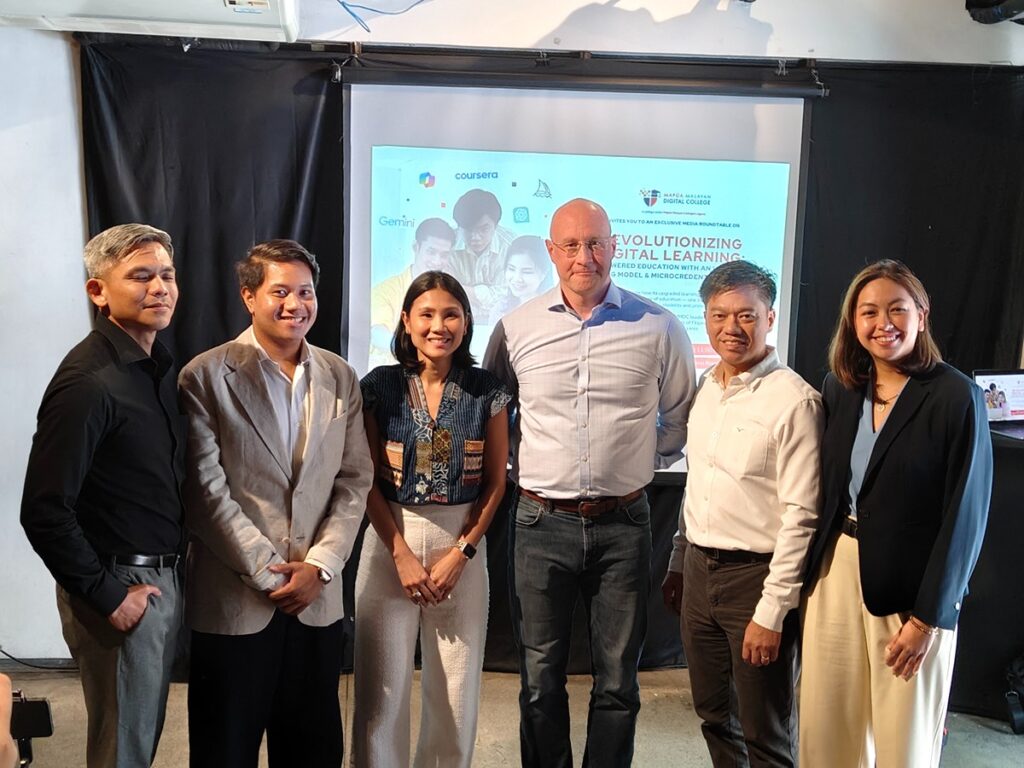
Mapua Malayan Digital College sees these initiatives as part of a broader effort to make education more responsive and future-ready. By integrating AI directly into its learning model, the college hopes to give Filipino learners a competitive edge in a rapidly changing world.
Do you think more colleges in the Philippines should begin integrating AI into their curricula?
Discover more from WalasTech
Subscribe to get the latest posts sent to your email.
Get the latest from WALASTECH directly on your Google feed.
Add as a preferred source on Google





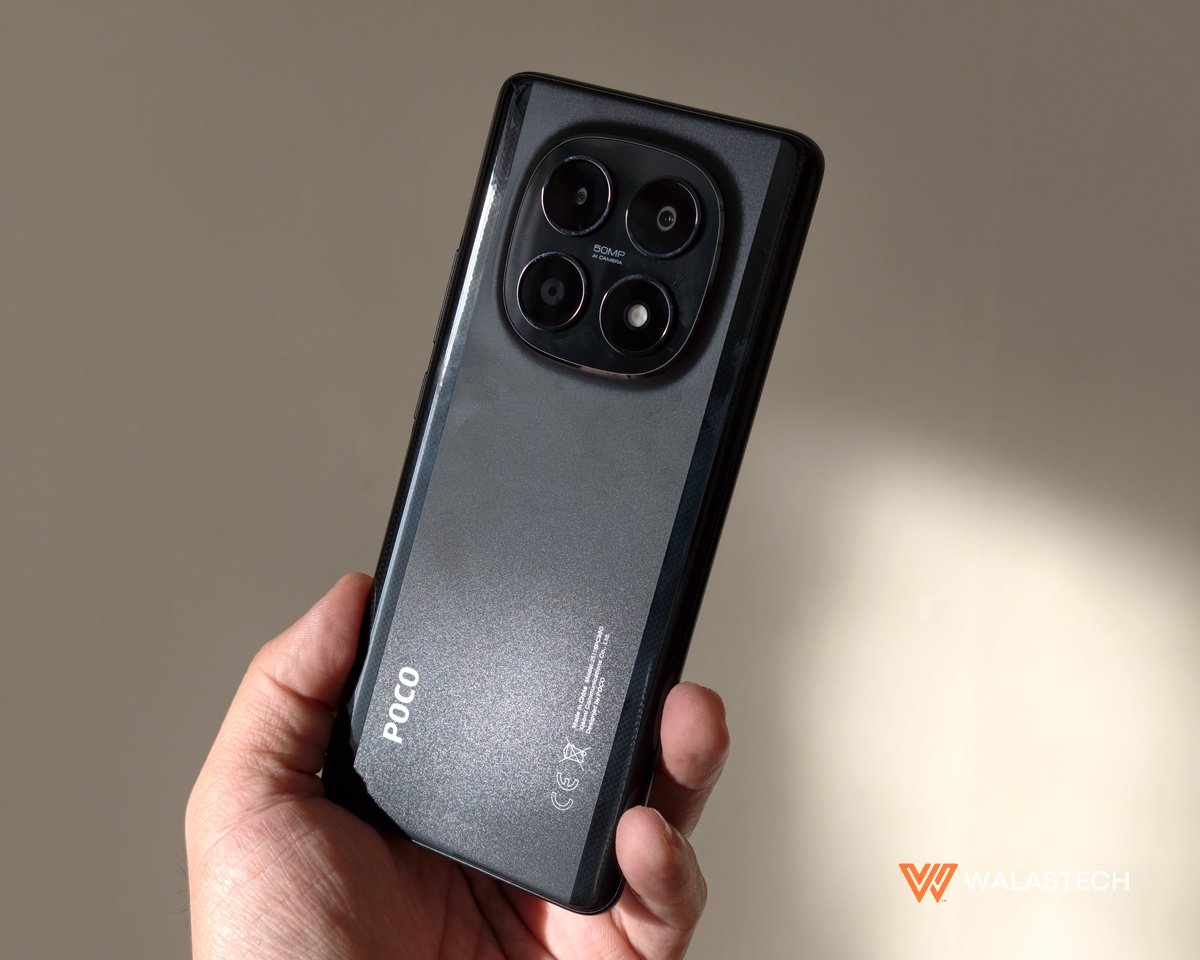









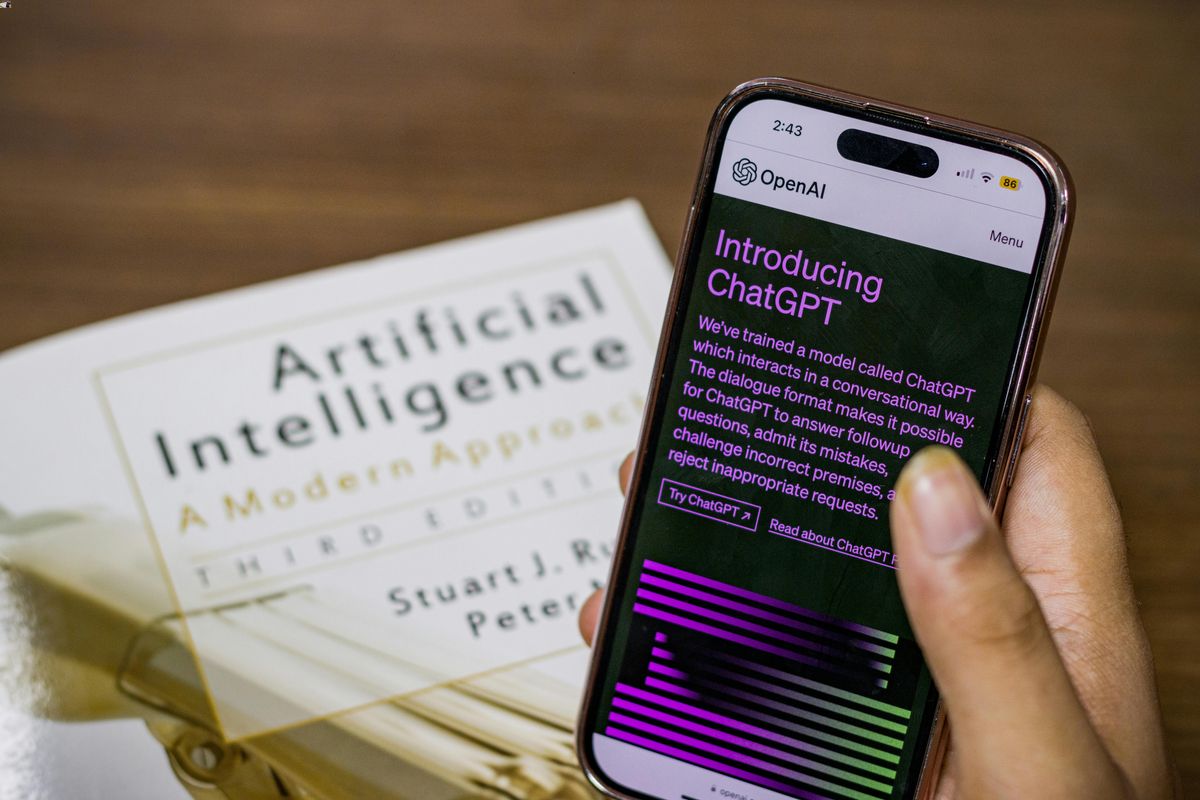



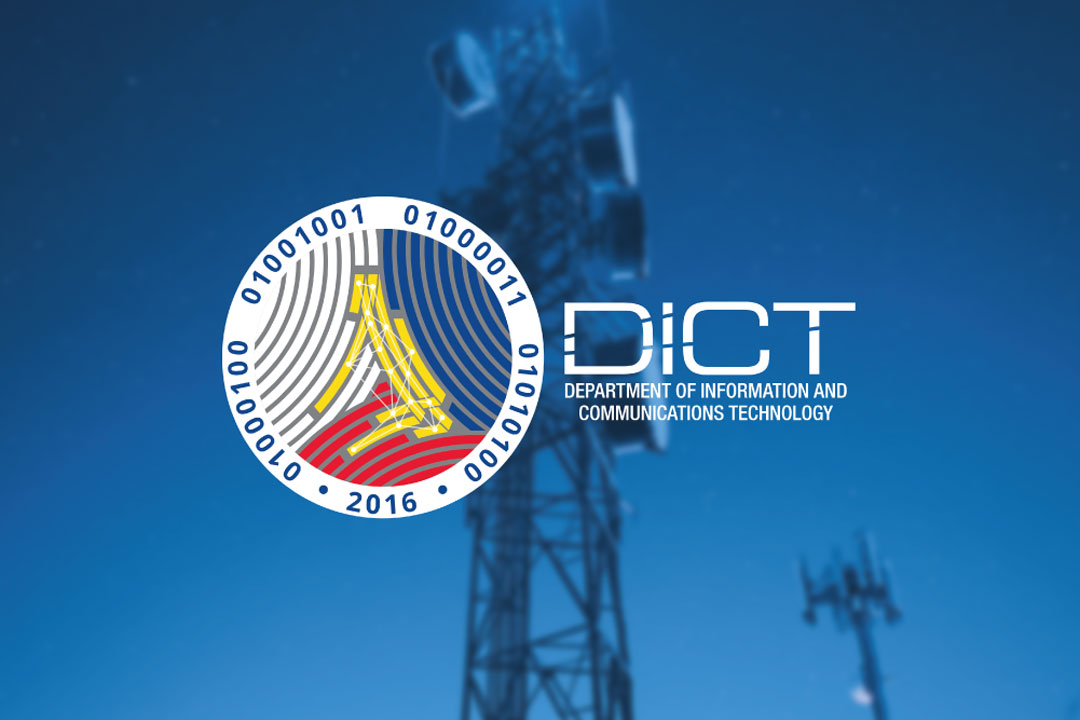
Leave a Reply